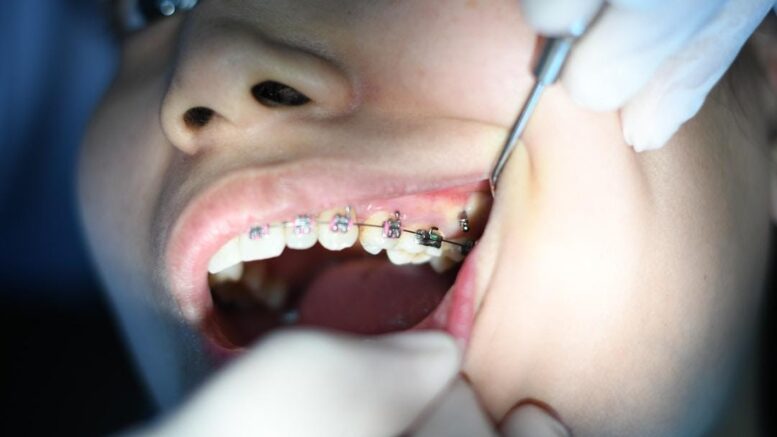If you have been informed by your dentist that you require a root canal process in Plymouth, don’t panic! A root canal is a common dental procedure that can save your tooth and relieve pain. Understanding what to expect and how to prepare for the procedure can help alleviate any fears you may have. In this blog post, we will talk about what happens during a root canal, how to prepare for the procedure, and some tips to help ensure that your smile remains healthy.
Overview Of Root Canal
A root canal is a dental procedure that is performed to save a tooth that has been significantly damaged or infected. You should always search a local dental clinic for a professional and experienced dentist to perform the procedure. For example, you can search root canal Plymouth for the best local option. In Plymouth, if you need a root canal process, it will involve taking out the infected or damaged pulp from inside your tooth, cleaning and disinfecting the affected area, and then filling or sealing your tooth. Following the procedure, a filling or crown will be added to your tooth in Plymouth to shield it from any further damage or infection.
Preparing for a Root Canal
Before your appointment, it’s important to inform your dentist of any medications you are taking, as well as any medical conditions you may have. Your dentist may require you to stop taking certain medications before the procedure, such as blood thinners. It’s also important that you have a light meal before your appointment, as you may feel numbness in your mouth after the procedure. Wear comfortable clothing to your appointment and be prepared to relax during this procedure.
The Root Canal Procedure
During this process, your dentist will try to numb the area around the affected tooth with a local anesthetic. Once it is done, your dentist will make a small hole in the top of the tooth to access the pulp chamber. Using specialized tools, your dentist will remove the infected or damaged pulp particularly from inside the tooth. After the pulp has been removed, the tooth is cleaned and disinfected. Your dentist will fill the root canals with a material called gutta-percha and seal the tooth with a temporary filling. In some cases, a post may be placed in the root canal to provide extra support for a crown.
After the Procedure
After the procedure, it’s normal to experience some sensitivity or discomfort in the affected tooth. Your dentist may prescribe pain medication to help alleviate any discomfort. You should avoid chewing on the affected tooth until your dentist has placed a permanent restoration, such as a crown or filling. It’s important to maintain good oral hygiene after the procedure by brushing and flossing regularly and attending regular dental check-ups. Your dentist may recommend regular X-rays to ensure the tooth is healing properly.
